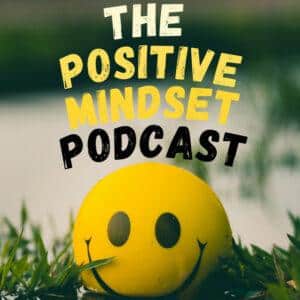
In this episode of the Huberman Lab podcast, Dr. Andrew Huberman focuses solely on tools for improving focus and concentration. He covers a wide range of categories, including behavioral, nutrition-based, supplement-based, brain-machine interface-based, and prescription drug-based tools. Dr. Huberman provides valuable insights and practical tips to help listeners enhance their ability to concentrate and stay focused.
Dr. Huberman emphasizes the benefits of meditation for improving focus and concentration. He recommends a 13-minute daily meditation practice, but also highlights shorter alternatives supported by scientific research. It is important to avoid performing focused meditation close to bedtime, as it can disrupt sleep. Additionally, Dr. Huberman provides links to studies and tools like binaural beats and supplements that can enhance focus and concentration.
Dr. Huberman discusses the role of blood glucose levels in our ability to focus and think clearly. Intermittent fasting and ketosis are highlighted as potential tools for mental clarity and cognitive enhancement. Consuming foods rich in tyrosine, such as certain meats and nuts, can also increase concentration and focus. It is important to maintain balanced blood glucose levels and avoid overeating, as it can diminish focus. Dr. Huberman also recommends delaying caffeine intake to optimize focus and concentration.
Dr. Huberman explores the use of supplements to enhance neurochemicals associated with focus and concentration. Alpha GPC, L-tyrosine, and creatine are discussed as potential supplements to increase acetylcholine, dopamine, and other neurochemicals. However, caution should be exercised regarding timing and frequency of supplementation to avoid disrupting sleep. Dr. Huberman suggests consulting Examining.com for comprehensive information on supplements and their effects.
Dr. Huberman highlights the importance of visual and auditory tools in improving cognitive focus. Engaging in visual-based tools and practicing covert focus can enhance concentration and information processing. Utilizing auditory tools like 40 Hertz binaural beats or white, pink, or brown noise can also support focus. Anchoring vision to one location at the beginning of a focused work session can ramp up neural activity within the circuits responsible for focus and concentration.
Dr. Huberman discusses the use of prescription drugs like Adderall and Ritalin for individuals with clinically diagnosed ADHD. These drugs increase neurochemical transmission and teach neural circuits to engage and focus better. However, it is crucial to use prescription drugs only under professional guidance to avoid dependency and side effects. Dr. Huberman emphasizes that behavioral and nutrition-based tools should be prioritized before considering prescription drugs.
Improving focus and concentration is a multifaceted process that can be achieved through various tools and approaches. Dr. Huberman provides valuable insights into behavioral, nutrition-based, supplement-based, brain-machine interface-based, and prescription drug-based tools. It is important to experiment with different strategies and find what works best for individual needs. By incorporating these tools, individuals can enhance their ability to concentrate and stay focused, ultimately leading to improved cognitive performance.